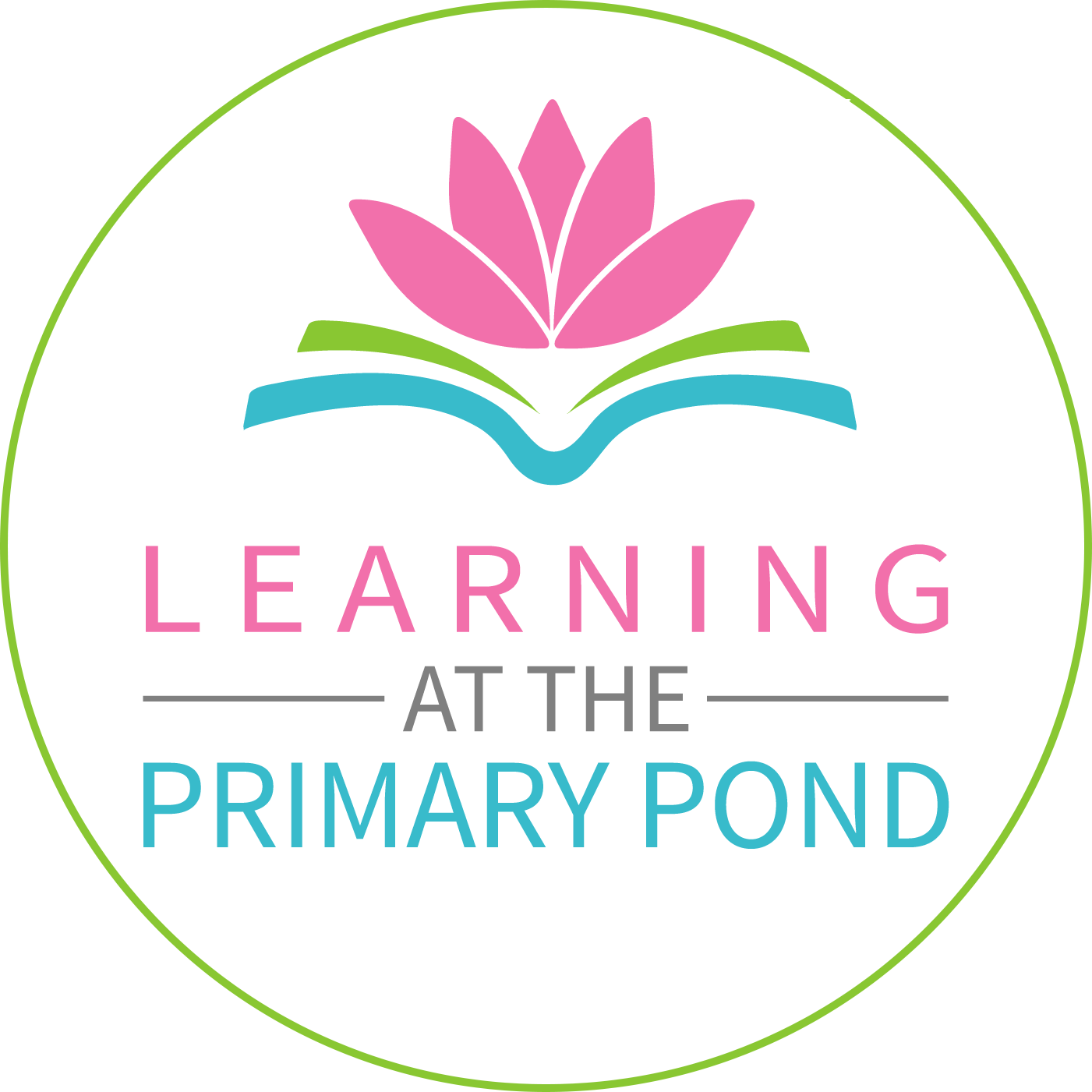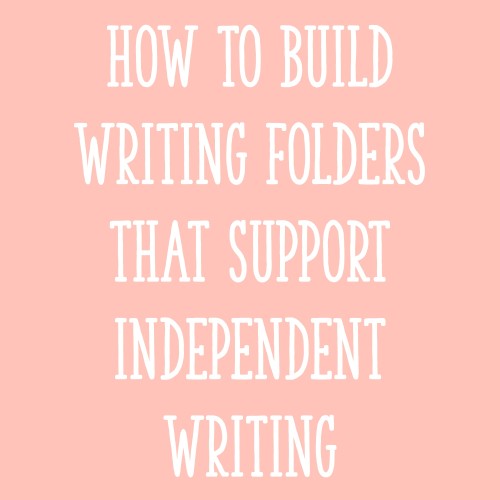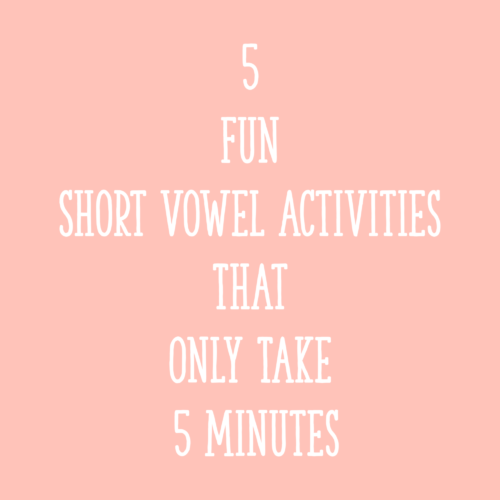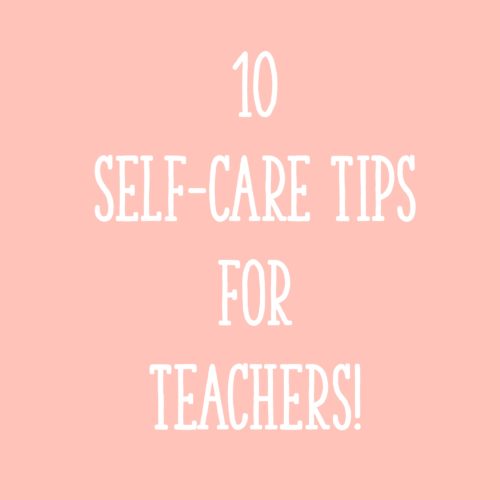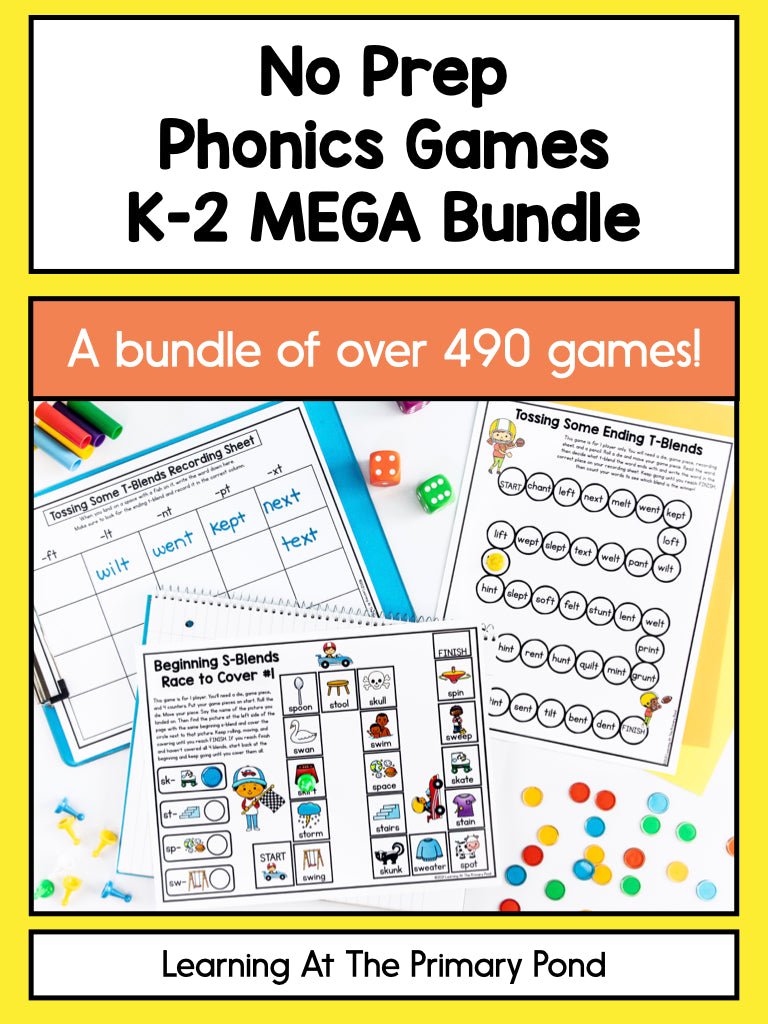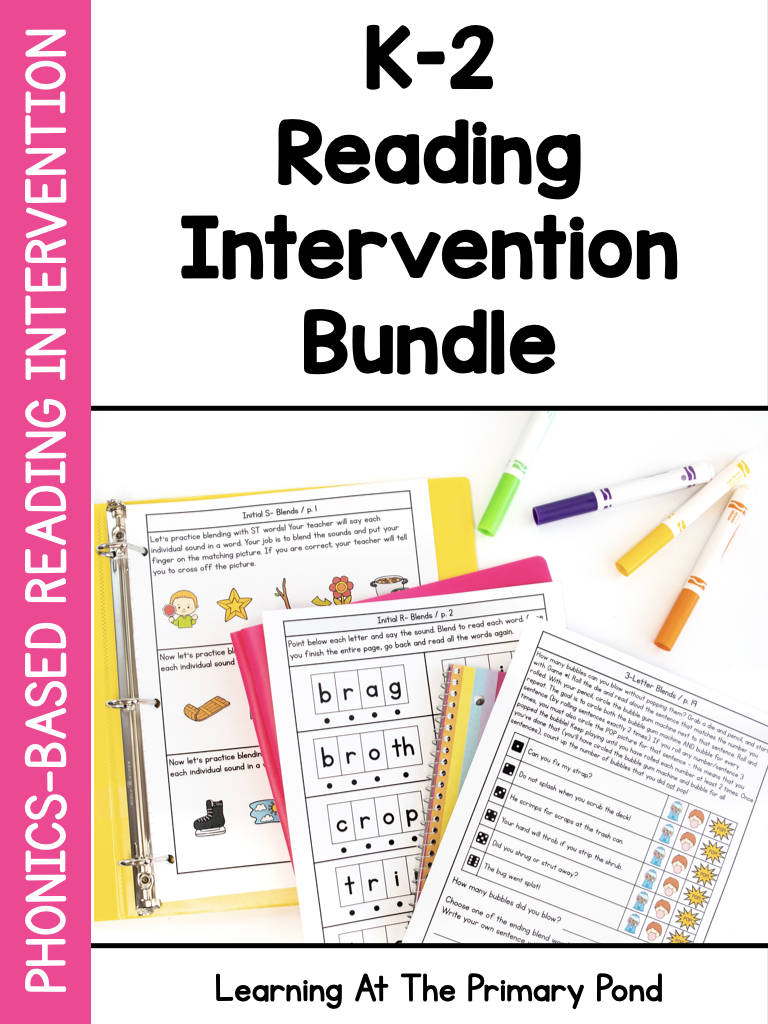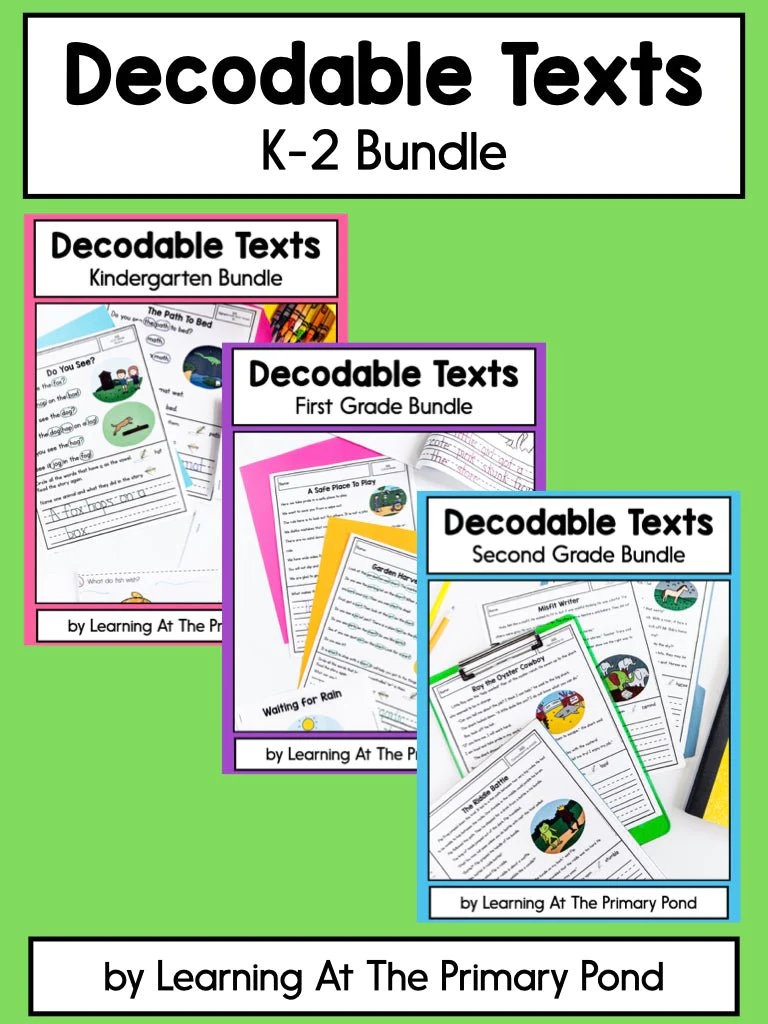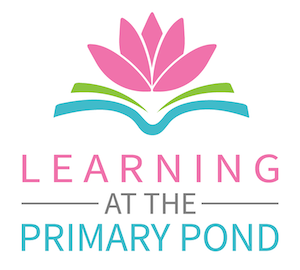Building parent and family relationships IS so vital – but sometimes communicating with parents IS so difficult, especially when you’re a reading teacher and not a child’s classroom teacher. Parent communication is tricky because:
- Some parents may not understand your role as a reading specialist or reading teacher, and how your work differs from that of their classroom teacher.
- Some parents may be difficult to get a hold of with their busy schedules.
- You might not have time to write a note or call a parent with your busy schedule!
- There might be some conversations that are necessary but difficult to have with parents (such as a child being far behind in reading).
- It can be tricky to explain academic strengths/gaps in parent-friendly language.
Despite the stress and logistics, it IS important! Studies continue to show that building positive parent relationships in education directly impacts student achievement.
Even though, as a reading specialist, you’re probably not your students’ main teacher, it’s still important for families to hear from you and develop a relationship with you. In this blog post, I’ll share tips and tools to help you make parent communication easy with your students’ families and caregivers.
NOTE: All of the resources you’ll see in this blog are from this FREE resource: Free Parent Communication Letter for Reading Specialists, Reading Interventionists, & Title Teachers.
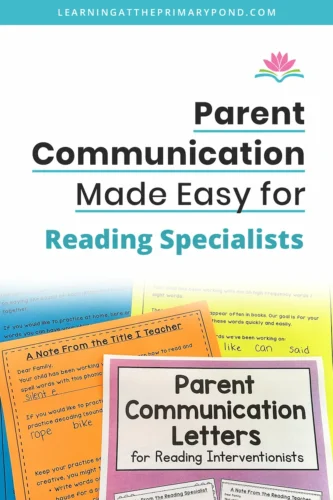
Introduction
One of the most important things you can do right off the bat is to proactively introduce yourself to parents. You want the first time they hear from you to be a positive interaction! Here’s an introductory letter that’s included in my Free Parent Communication resource.
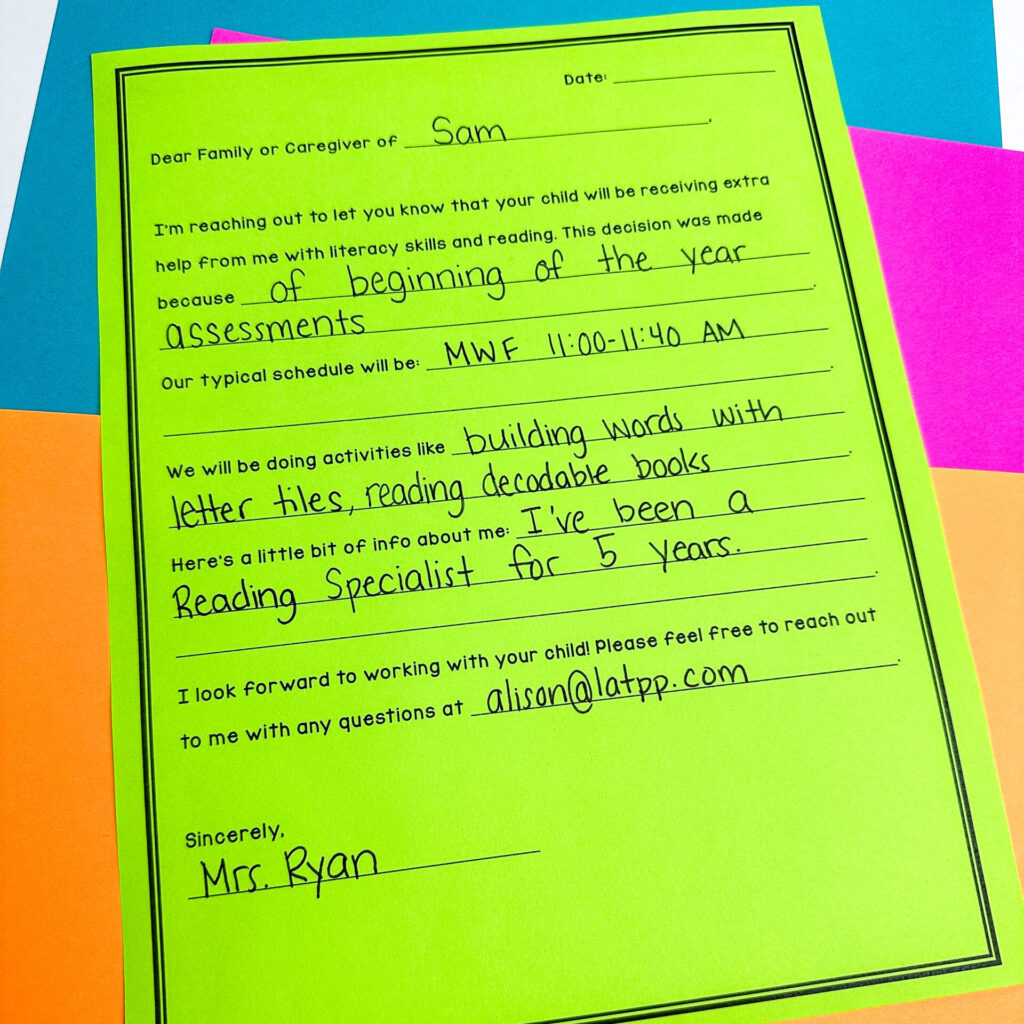
Schools often have a formal notification process for when a student will be receiving extra help. But even if your school doesn’t, you don’t want families to be caught off guard later if they find out their student is receiving extra help. Instead, this proactive approach of introducing yourself, explaining why the student is qualifying for additional support, and outlining a couple of activities you’ll be doing will help create transparency in the process.
Focus on the Positive
As adults, we’re usually much more likely to accept constructive criticism if we know that same person also sees our strengths. The same is true when working with parents and students. I’ve found that parents are much more open to helping with areas that need support if you are also communicating about their child’s strengths!
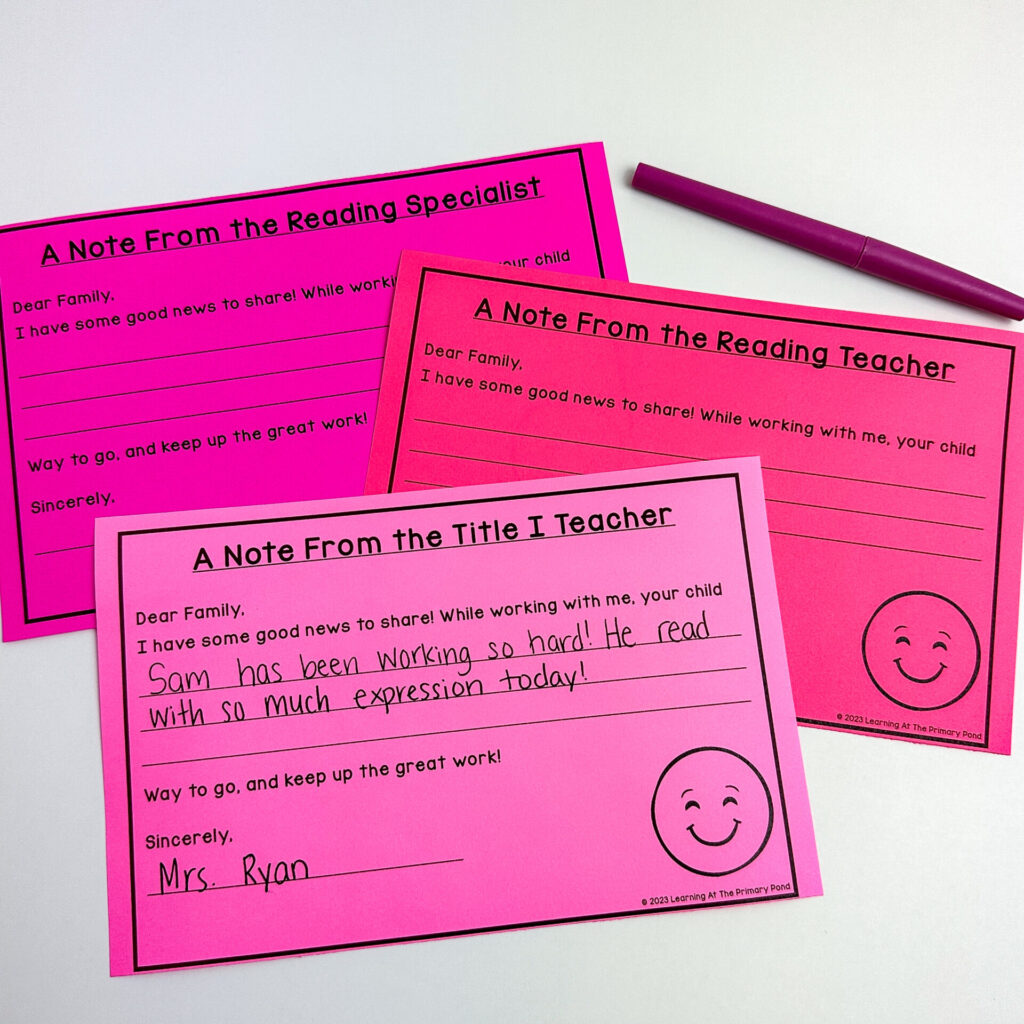
With this note home from the Free Parent Communication Letters, it’s easy to relay positive things you’ve been seeing with a student.
You could share something academic, like, “While working with me today, your child read 10/10 high-frequency words correctly!” Or you can sometimes share behavior-based information like, “While working with me, your child had a wonderful attitude and tried his best with a big smile on his face!”
Because a template is already created for you with the free resource, it only takes a few seconds to jot something positive down and send it home with the student!
Keep the Momentum Going!
If you’ve made strides at school, it can help to keep that momentum going by having parents work with their students at home. Not all parents will be able to help, and that’s okay. But I always like to provide information so that parents at least know how to help!
To be effective, it’s best if those activities mimic and/or support what you are already doing at school. For example, if you are working on CVC words at school, parents may be able to have kids read CVC words at home. Or if you have students read a passage at school, perhaps they can re-read it at home to build fluency.
To provide ideas to parents, consider sending home communication like these free letters:
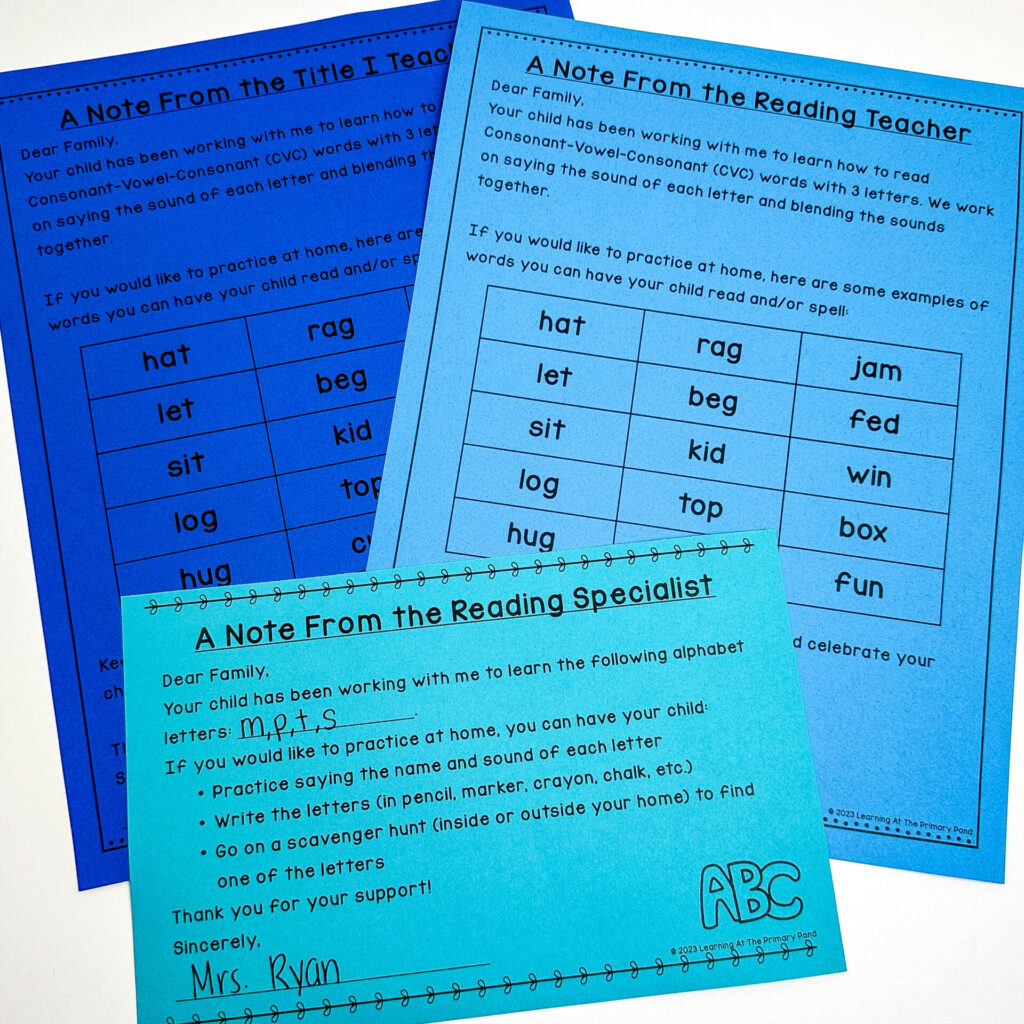
A few details I want to point out:
- I mention what the child has been working with me on at school. In one case above, it’s the specific letters of “m, p, t, s.” In the other example, I name that we’ve been working on CVC words. (In the free resource, everything is editable, by the way! So you can change the language to be specific to your own instruction.)
- I also provide optional activities for the parent to do at home – i.e. “Go on a scavenger hunt to find one of the letters” – so that their efforts are focused and effective.
Provide Parents with Some Instruction
Parents are often eager to support what their child is learning. But sometimes they don’t quite understand all of the “lingo” when it comes to literacy (which totally makes sense!). With the communication you send home, it can help to give parents bite-sized pieces of information so that they are learning, too.
For example, below is a letter you can send that provides questions for parents to ask before, during, and after reading fiction and nonfiction texts.
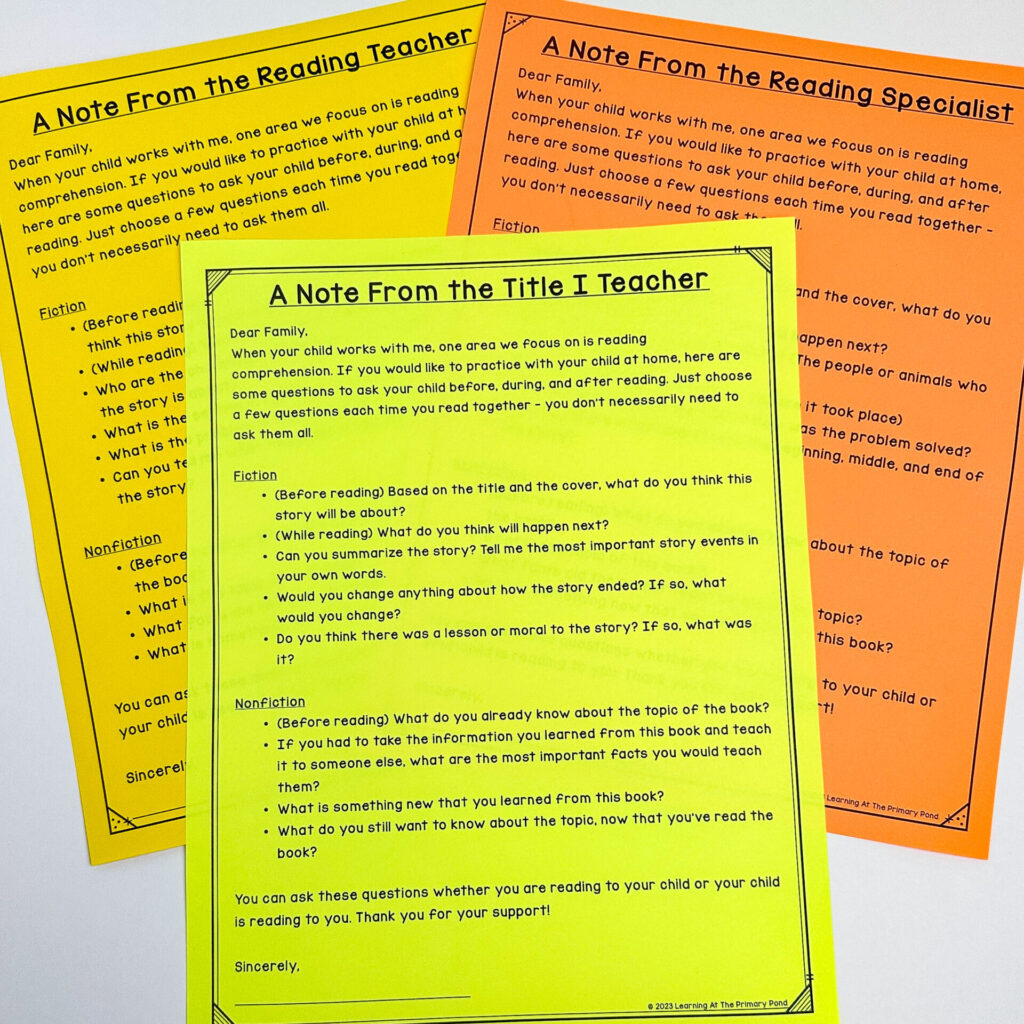
Conclusion
I hope all of this helped when thinking through how to communicate with parents! With this completely free resource – Parent Communication Letters for Reading Teachers – communication can be easy! The resource includes:
- Letter of introduction
- Happy note/good news
- Communication re: letter names and sounds
- Communication re: CVC words
- A letter about phonics skills
- A letter about high-frequency words
- Communication about reading fluency
- General comprehension tips for younger students
- General comprehension tips for older students
- Questions to ask younger students
- Questions to ask older students
NOTE: Those letters are all labeled specifically with “Reading Teacher,” “Reading Specialist,” or “Title 1 Teacher.” If you are a classroom teacher, please download this parent communication resource instead.
Happy teaching!
